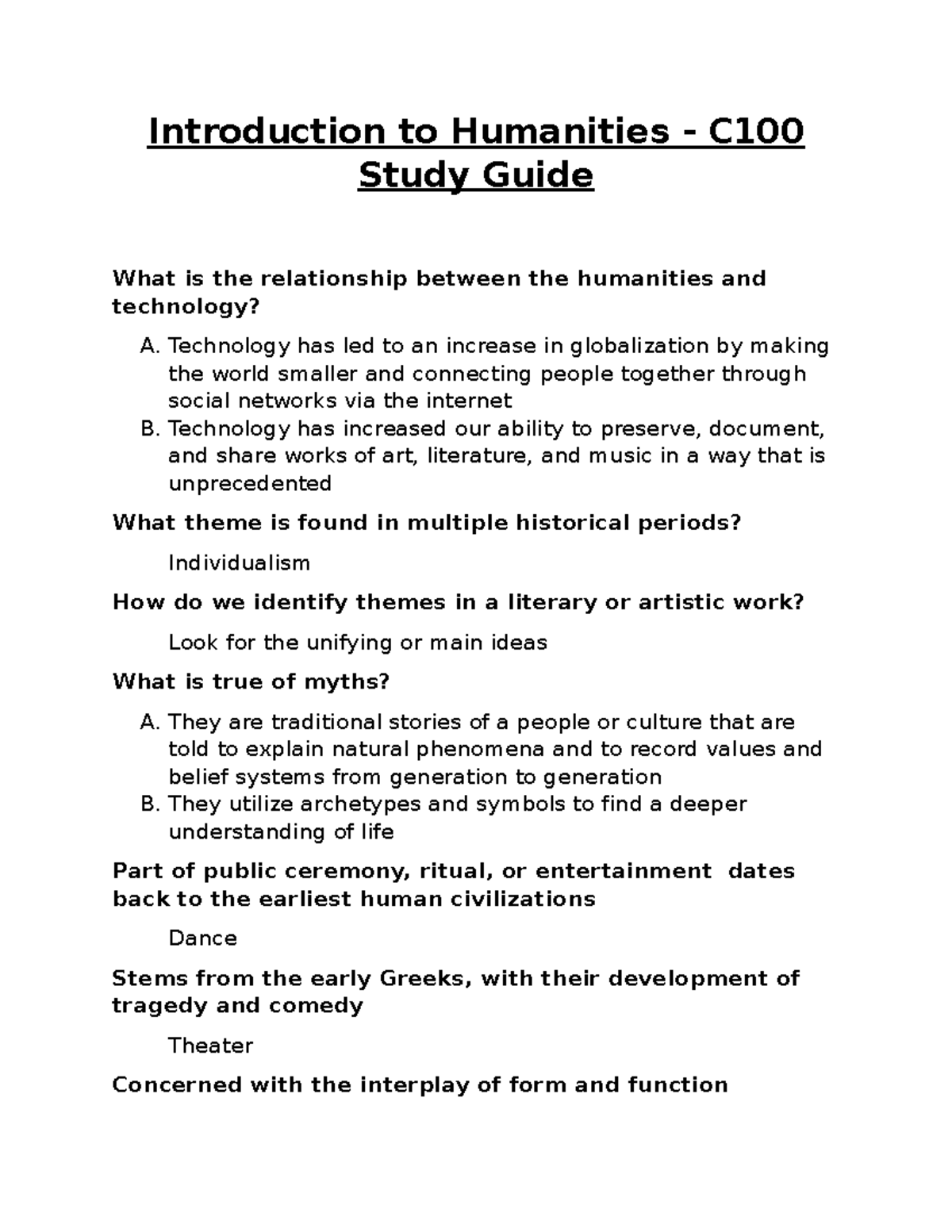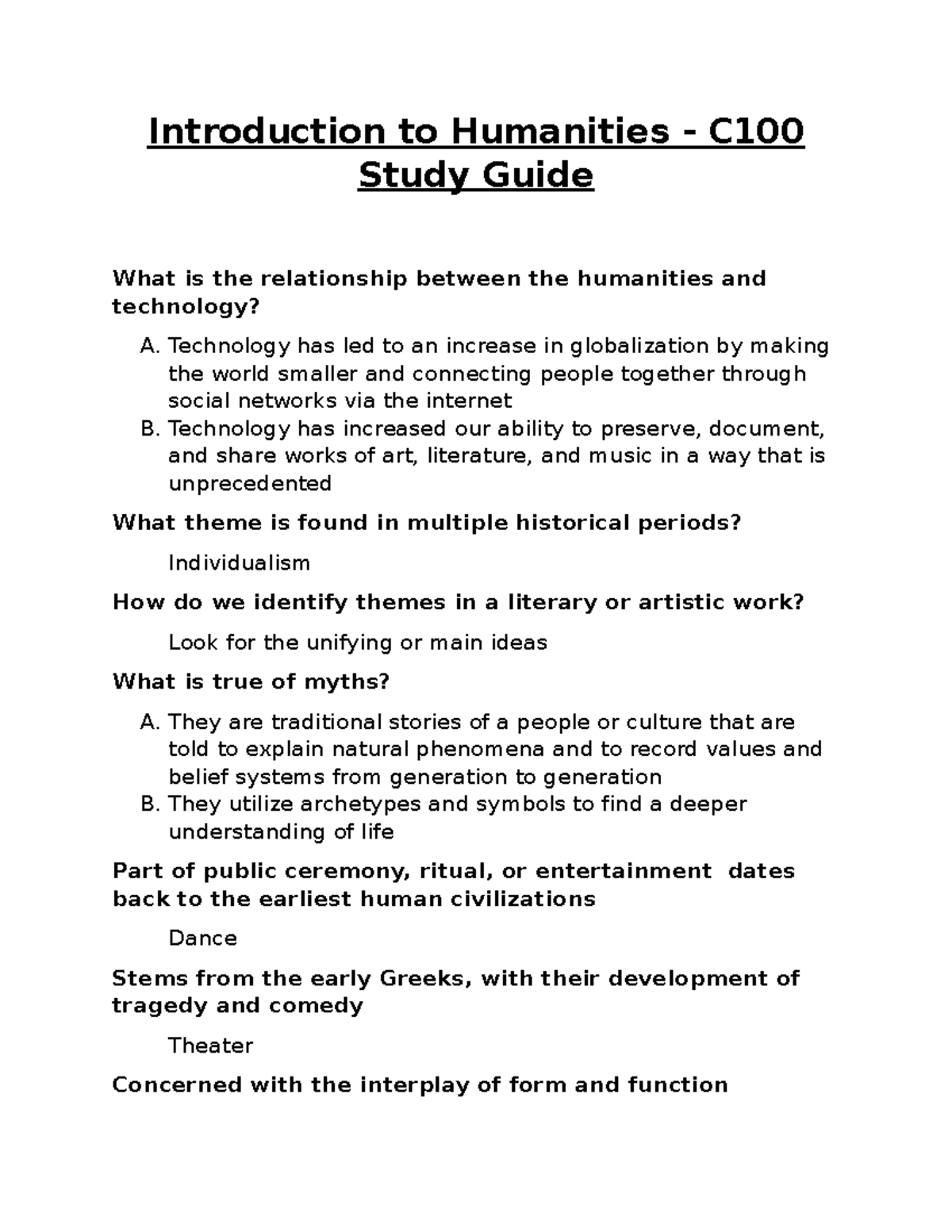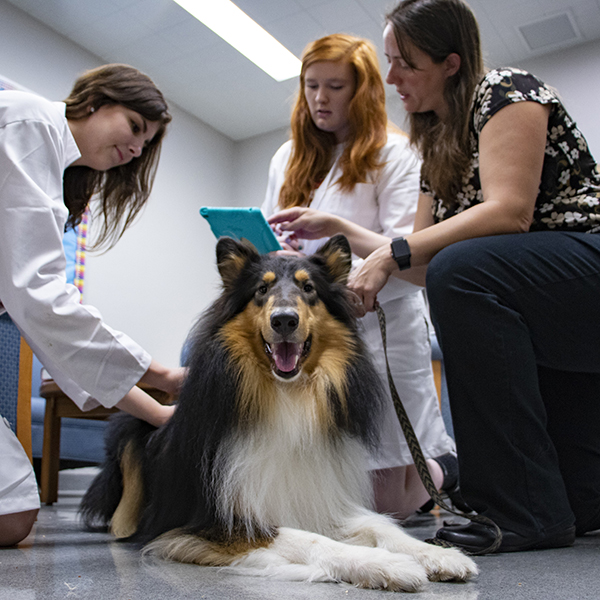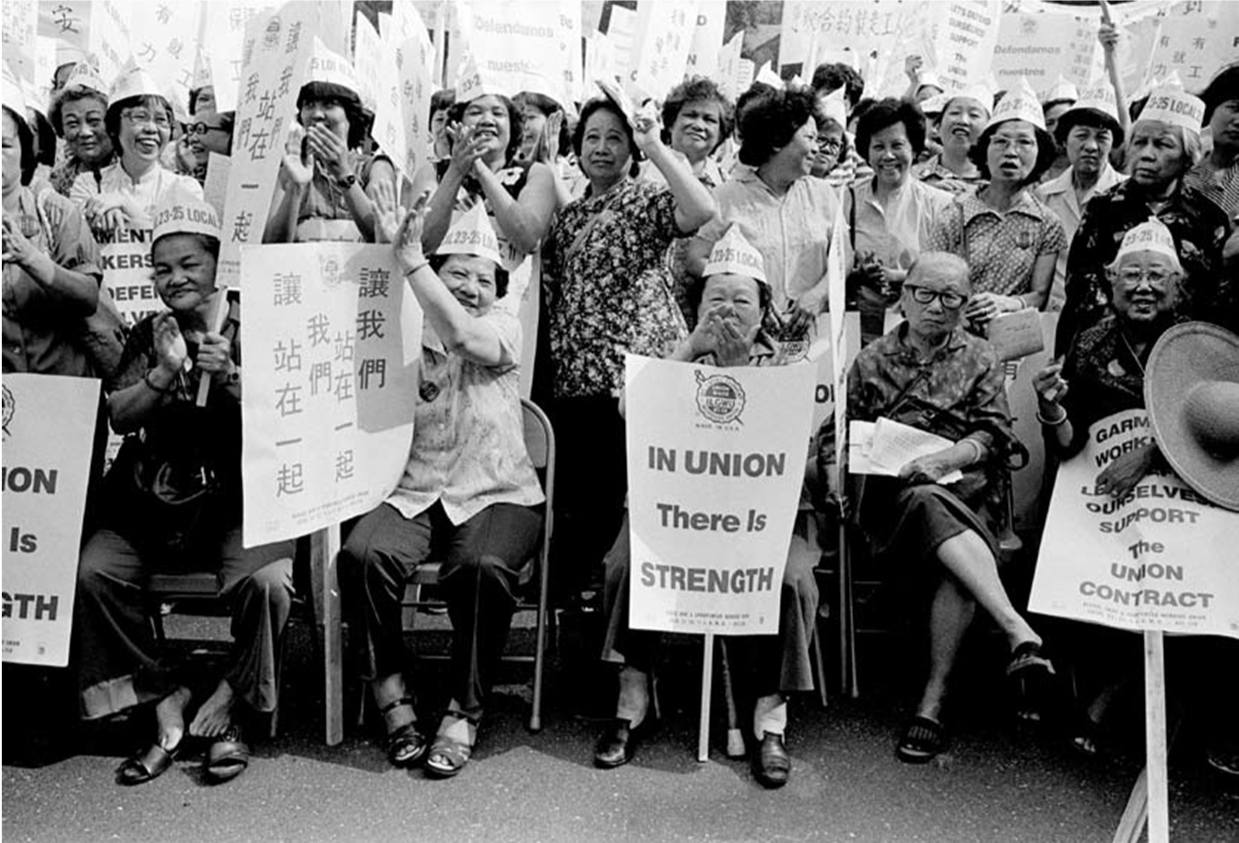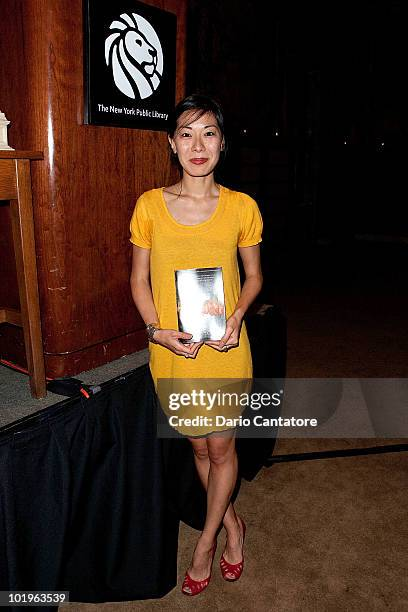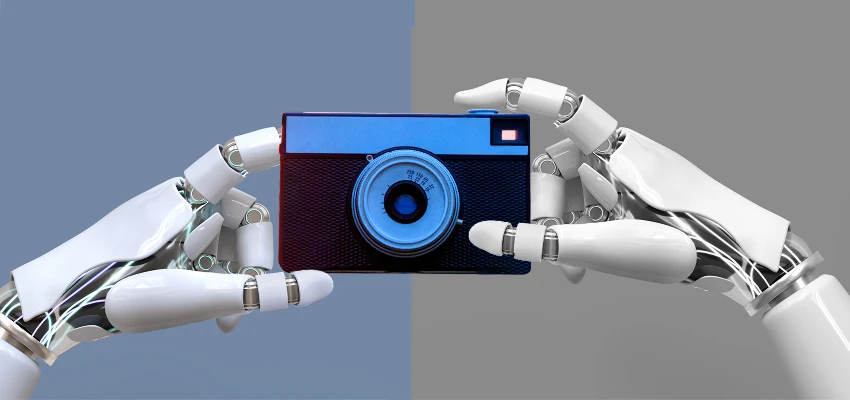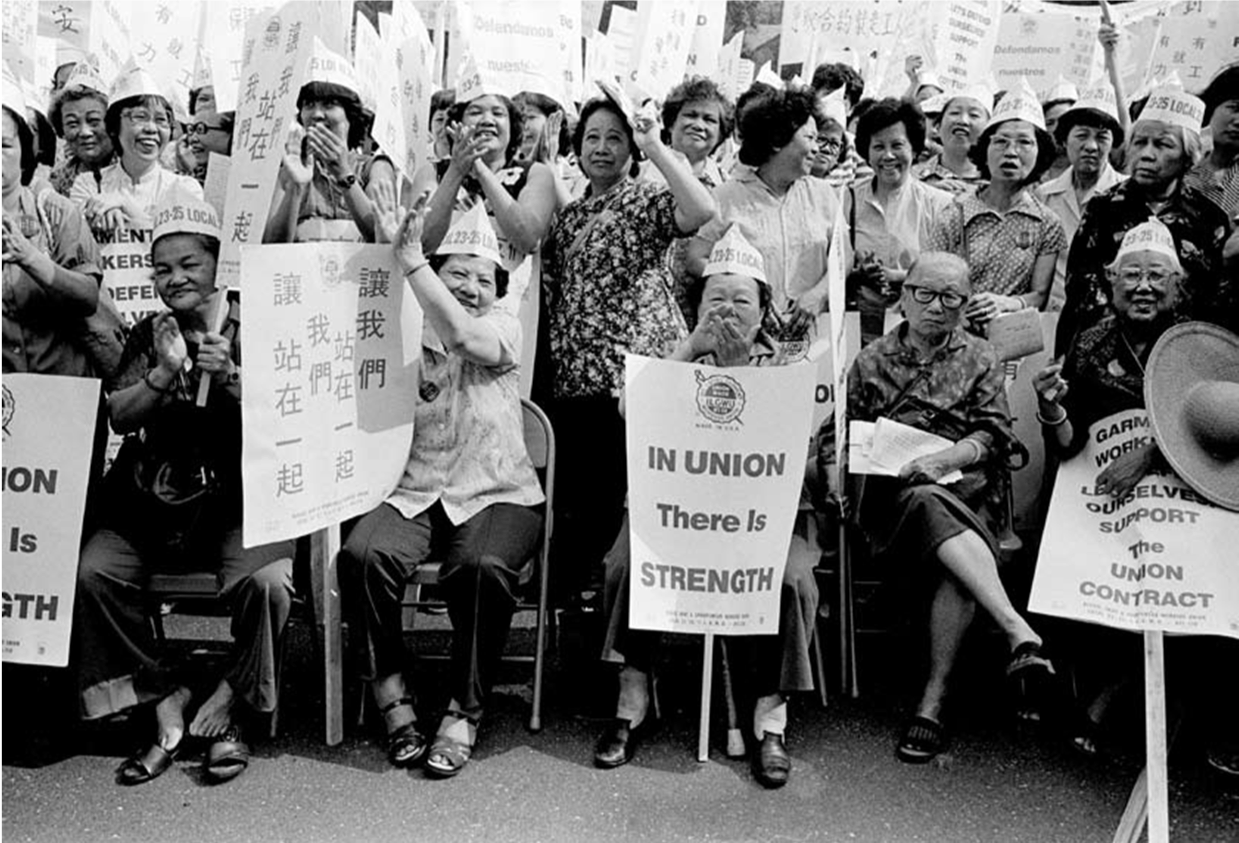Introductory humanities courses play a pivotal role in shaping first-year students’ academic journeys, offering them essential insights into the rich landscapes of arts and humanities. As college curricula increasingly prioritize STEM fields, these courses serve as a reminder of the intrinsic value of humanities education, igniting student engagement with history, philosophy, literature, and the arts. At institutions like Harvard, innovative introductory courses aim to captivate and inspire students, drawing them into a world where critical thinking and creative expression thrive. Through these engaging classes, students not only explore classic texts but also confront contemporary issues, broadening their perspectives and enhancing their understanding of human culture. This revitalized approach to introductory humanities courses is crucial in reversing the trend of declining enrollment in these vital disciplines, ensuring that future generations appreciate and contribute to the arts and humanities.
Beginning their academic experiences, first-year students often encounter gateway courses that provide a foundation in cultural studies, encompassing the disciplines of literature, philosophy, and the arts. These early classes are tailored to ignite a passion for exploring fundamental human questions and contemporary societal challenges. Engaging students within the realms of arts and culture, alongside fostering critical thinking, these introductory courses aim to create a dynamic and interactive learning environment. Institutions, particularly prestigious ones like Harvard, strive to innovate in their curriculum, making these essential subjects appealing and relevant to modern learners. By emphasizing the interconnectedness of various humanities fields, students are better equipped to understand the significance of cultural narratives and diverse perspectives.
Revitalizing Humanities Education for First-Year Students
In an era where enrollment in arts and humanities is on the decline, the introduction of innovative introductory humanities courses aims to transform first-year humanities education. Dean Sean Kelly’s initiative seeks to engage students effectively right from the start of their academic journey. By offering nine new courses that span various disciplines within the humanities, Harvard is not only addressing the challenge of declining interest but is also emphasizing the importance of integrating compelling content with student engagement strategies. The overarching goal is to create a stimulating environment where first-year students can connect with the humanities, understand its relevance, and appreciate the intricate tapestry of human culture.
As the Harvard faculty reflects on the pedagogical shifts over the decades, they recognize the importance of designing courses that resonate with new generations of learners. Past experiences and shifts in curriculum, including the contentious debates over the ‘Canon Wars’, have shaped the landscape of humanities education. However, the faculty’s recent endeavors showcase a revitalized approach that honors traditional works while expanding to include diverse voices and perspectives. By fostering discussions around topics like philosophy, culture, and literature, these humanities courses aim to kindle a deep interest in the arts while equipping students with essential critical thinking skills.
The Essential Role of Arts and Humanities in Higher Education
The arts and humanities play a crucial role in shaping well-rounded individuals capable of critical analysis and empathetic understanding. Through courses designed for first-year students, institutions like Harvard emphasize the intrinsic value of these disciplines, going beyond mere academic preparation to foster a deeper understanding of what it means to be human. The new courses introduced in the Division of Arts and Humanities not only align with students’ interests but also equip them with the tools necessary to navigate a complex world. Engaging with literature, philosophy, and art allows students to ask fundamental questions and broaden their perspectives beyond their own experiences.
Moreover, exposure to the arts and humanities enriches students’ personal and academic lives, significantly contributing to their intellectual development. For instance, art history provides insights into cultural context, while literature offers pathways to explore human emotions and societal structures. As Harvard’s initiative to enhance introductory humanities courses demonstrates, the aim is to create a dynamic learning environment where students can discover the interconnectedness of different disciplines. This holistic approach not only addresses enrollment declines but also reinforces the importance of a diverse, inclusive curriculum that reflects contemporary society, enabling students to engage meaningfully with both historical and modern cultural narratives.
Innovative Approaches to Introductory Courses
By revamping introductory courses, Harvard aims to create a more engaging and compelling atmosphere for students entering the humanities. In this reimagined curriculum, professors are encouraged to present material in ways that resonate with today’s learners, combining classical literature with current societal themes. For example, courses like ‘Migration and Border Crossing in Film and Photography’ not only address critical contemporary issues but also reflect the diverse experiences of students. This innovative approach emphasizes the dynamic nature of humanities education, making it relevant and appealing to a new generation.
Moreover, the collaboration between various departments illustrates a concerted effort to bridge the gap between critical analysis and creative expression. The co-teaching of ‘HUM 9: Reading for Fiction Writers’ embodies this integration, where students learn to appreciate texts as both readers and writers. By engaging with authors like Anton Chekhov and Octavia Butler, students are invited to explore different narrative techniques that can inform their own creative processes. This fusion of academic rigor with creative exploration not only enriches the educational experience but also cultivates a vibrant culture of learning within the arts and humanities.
Enhancing Student Engagement Through Innovative Design
To foster greater student engagement in the art and humanities, Harvard’s new introductory courses utilize innovative design principles that cater to the interests of first-year students. The selection of topics reflects contemporary discussions and challenges, engaging students with questions that matter to them. For instance, courses focused on themes of technology, migration, and identity resonate deeply with the lived experiences of today’s youth. By emphasizing the relevance of the humanities in their everyday lives, these courses encourage students to actively participate in discussions and explore complex ideas, which is a departure from traditional lecture-based formats.
In addition to topic selection, the incorporation of diverse methodologies encourages students to interact with the material in multifaceted ways. Group projects, discussions, and creative assignments provide avenues for exploration that appeal to different learning styles. This learner-centered approach is particularly effective in the humanities, where personal connection to content can spark enthusiasm and insight. As students engage with literature and cultural artifacts in a collaborative setting, they not only develop critical thinking skills but also cultivate a sense of community that enhances their overall educational experience.
Curriculum as a Reflection of Societal Needs
The restructured humanities curriculum at Harvard is not just a response to declining enrollment figures; it also reflects a broader understanding of societal needs and student aspirations. With an increasing emphasis on global perspectives, the course offerings are designed to resonate with students who seek to navigate an interconnected world. By addressing current issues through courses like ‘Introduction to the Medical and Health Humanities’, students are equipped to critically engage with healthcare disparities and the cultural implications of health narratives. Such contextual relevance is essential for preparing students to become informed citizens who can contribute meaningfully to society.
Furthermore, by questioning the traditional canon and embracing new narratives, the humanities curriculum embodies a commitment to inclusivity and diversity. This initiative recognizes the value of varied voices in shaping a comprehensive understanding of the human experience. As students grapple with different historical contexts and cultural narratives, they learn empathy and critical awareness—skills that are essential in today’s complex global landscape. Thus, the transformation of introductory humanities courses is emblematic of a conscious effort to prepare students not only academically but also ethically for the challenges they will face in the world.
Promoting Critical Thinking Through Humanities Courses
Humanities courses serve as foundational pillars for fostering critical thinking skills among students. With an emphasis on analysis, interpretation, and critique, these courses encourage learners to thoughtfully engage with diverse texts and ideas. For example, courses that delve into philosophical questions about existence and morality present students with complex dilemmas, prompting them to analyze multiple perspectives. As they navigate these intricate discussions, students enhance their analytical abilities, equipping them with skills necessary for any career path they may choose.
Additionally, by engaging with social issues through the lens of the humanities, students learn to approach problems holistically. The course ‘Humanity, Technology, and Creation’ invites critical evaluation of technology’s role in shaping human experience, encouraging students to consider ethical implications alongside practical applications. This balanced exploration of arguments fosters a richer understanding of societal challenges. As students become adept at navigating these nuanced discussions, they leave the classroom prepared to think critically about the complexities of the world around them.
The Transformative Power of Arts and Humanities
The transformative power of the arts and humanities lies in their ability to foster deep intellectual and emotional connections. As students engage with literature, art, and cultural history, they discover avenues for personal growth and self-reflection. Harvard’s new introductory courses aim to highlight these transformative experiences by presenting students with compelling narratives that resonate on a personal level. From examining classic texts to exploring modern media, these courses encourage students to reflect on their own lives and broaden their understanding of the human condition.
Moreover, the exploration of arts and humanities fosters empathy—an essential quality in an increasingly polarized world. Through discussions about characters, authors, and historical contexts, students gain insight into the motivations and challenges faced by others. This empathetic engagement not only enriches their academic experience but also prepares them to be compassionate leaders and informed citizens. The intrinsic value of the humanities is thus underscored, as students come to appreciate not only the reasoning and critical skills developed through their studies but also the profound human connections that these fields inspire.
Interdisciplinary Connections: A New Frontier in Humanities Education
Interdisciplinary connections have emerged as a key theme in the evolution of humanities education, reflecting the interconnected nature of knowledge in the modern world. By bridging disciplines such as literature, philosophy, history, and the arts, introductory courses at Harvard seek to cultivate a nuanced understanding of complex issues. This integrative approach encourages students to draw connections between various fields, enhancing their comprehension and appreciation of the humanities as a whole. For instance, courses that explore themes in both literature and visual arts allow students to examine cultural expressions from multiple perspectives, fostering richer insights.
This interdisciplinary model not only expands students’ academic horizons but also promotes collaborative learning experiences. Group projects and discussions encouraged in the curriculum allow students to work together across disciplinary boundaries, learning from each other’s strengths and insights. As students collaborate on projects that require diverse skill sets, they strengthen their ability to tackle real-world problems that don’t fit neatly into a single academic category. This preparation for collaborative work environments enhances students’ employability and equips them to thrive in dynamic, multi-disciplinary careers.
The Future of Arts and Humanities at Harvard
As Harvard embarks on this journey to revitalize its arts and humanities offerings, the future looks promising for enriching student experiences and fostering a deeper appreciation for these disciplines. With a focus on innovative course design, interdisciplinary connections, and student engagement, the university is committed to addressing the challenges of declining interest in the humanities. By continuously evolving the curriculum to align with student interests and societal demands, Harvard is positioning itself as a leader in redefining what it means to study the arts and humanities in the 21st century.
Moreover, the initiative underscores a renewed commitment to the intrinsic value of humanities education. As Dean Sean Kelly emphasizes, it’s not merely about increasing enrollment; it’s about instilling a love for the humanities that lasts a lifetime. By creating courses that resonate with students and equip them with valuable skills, Harvard demonstrates the enduring importance of the arts and humanities in shaping informed, empathetic citizens. This commitment ensures that generations of students will continue to engage with the complexities of culture, society, and individual identity, thereby enriching the broader discourse within higher education.
Frequently Asked Questions
What are the benefits of taking introductory humanities courses for first-year students?
Introductory humanities courses offer first-year students the opportunity to engage deeply with critical thinking and the human experience. They promote student engagement by fostering analytical skills and creative expression through various subjects, including literature, philosophy, and art. These courses help students understand cultural narratives and develop essential skills for future academic and professional paths.
How do Harvard introductory courses in the humanities differ from those at other institutions?
Harvard introductory humanities courses are designed to be more engaging and relevant to contemporary issues, reflecting the interests of first-year students. Faculty prioritize intrinsic understanding of human culture, allowing students to explore significant themes and texts with real-world applications. This approach contrasts with other institutions that may focus on traditional curricula without considering student interests or current societal challenges.
What topics can I expect to study in introductory humanities courses at Harvard?
Harvard’s introductory humanities courses cover a wide range of topics, from ‘Introduction to the Medical and Health Humanities’ to ‘Migration and Border Crossing in Film and Photography.’ Students will engage with vital questions surrounding human culture, ethics, technology, and creativity through various texts and media, providing a rich, diverse foundation for further study in the arts and humanities.
Why is student engagement critical in the context of humanities education?
Student engagement in humanities education is essential as it directly impacts retention and interest in arts and humanities fields. Engaging courses encourage students to explore complex topics, fueling a passion for learning and critical inquiry. The new initiatives at Harvard aim to capture this interest by offering thought-provoking courses that resonate with first-years, ultimately enriching their academic journey.
What changes are being implemented in introductory humanities courses to attract more students?
To attract more students, Harvard is launching nine innovative introductory humanities courses focused on contemporary relevance and student interests. These courses aim to provide fulfilling academic experiences that connect students with essential themes and ideas, encouraging exploration and deeper understanding, rather than merely presenting traditional curricula that may feel outdated.
How do introductory humanities courses prepare students for future career paths?
Introductory humanities courses equip students with critical thinking, analytical writing, and effective communication skills that are highly valued in many career paths. By engaging with complex texts and diverse cultural narratives, students develop the ability to analyze and articulate nuanced ideas, making them well-prepared for roles in fields such as education, law, marketing, and art.
Can introductory humanities courses influence a student’s academic concentration at Harvard?
Yes, introductory humanities courses can significantly influence a student’s academic concentration. Engaging with diverse subjects can spark interest in specific disciplines within the humanities, leading students to declare majors in areas such as English, Philosophy, or History, thereby shaping their academic and career trajectories.
What role do faculty play in enhancing the introductory humanities courses at Harvard?
Faculty at Harvard play a crucial role in enhancing introductory humanities courses by designing relevant, engaging, and thought-provoking curricula. Professors collaborate to create interdisciplinary approaches that draw from their expertise, ensuring that courses meet student needs and interests while fostering a vibrant learning environment in the arts and humanities.
How do introductory humanities courses change perceptions of the arts and humanities?
Introductory humanities courses aim to reshape perceptions by emphasizing the intrinsic value of studying human culture, rather than focusing solely on its instrumental utility. By exposing students to the richness of literature, philosophy, and art, these courses inspire a renewed appreciation for the humanities, illustrating their relevance in understanding complex societal issues and personal identity.
What impact have the new introductory humanities courses had since their launch?
Since launching, the new introductory humanities courses at Harvard have shown promising engagement, attracting interest from students who may have previously considered other fields. By addressing modern themes and student interests, these courses are beginning to shift enrollment trends and foster a vibrant community of learners passionate about the arts and humanities.
| Key Point | Details |
|---|---|
| Introduction of New Courses | Nine new introductory arts and humanities courses will be launched to engage first-year students. |
| Declining Enrollment | About 12% of first-years are interested in arts and humanities, but half change their minds before declaring a major. |
| Response to Challenges | Dean Sean Kelly aims to overcome enrollment declines by redesigning introductory courses. |
| Engaging Content | Courses aim to bridge student interests and the value of humanities, focusing on essential human questions. |
| Integration of Disciplines | Courses will integrate critical analysis with creative writing and explore varied texts. |
| Intrinsic Value | The initiative emphasizes understanding the intrinsic value of humanities beyond their practical applications. |
| Notable Courses | Highlighted offerings include “Introduction to the Medical and Health Humanities,” “Bob Dylan the Classic,” and “Humanity, Technology, and Creation.” |
Summary
Introductory humanities courses play a vital role in engaging students and sparking interest in the arts and humanities. As Dean Sean Kelly has noted, the introduction of innovative courses is an essential strategy to confront declining enrollment in these disciplines. By integrating critical thinking and creative writing, faculty aim to connect students with fundamental questions about human existence and culture. This approach not only fosters a deeper understanding of the humanities but also encourages students to recognize their inherent value. In doing so, introductory humanities courses prepare students for a rich academic journey, enriching their personal and intellectual growth.
